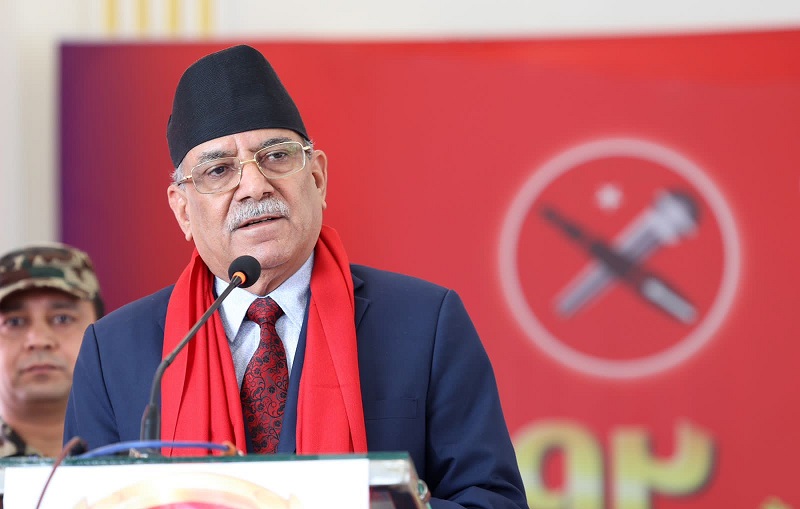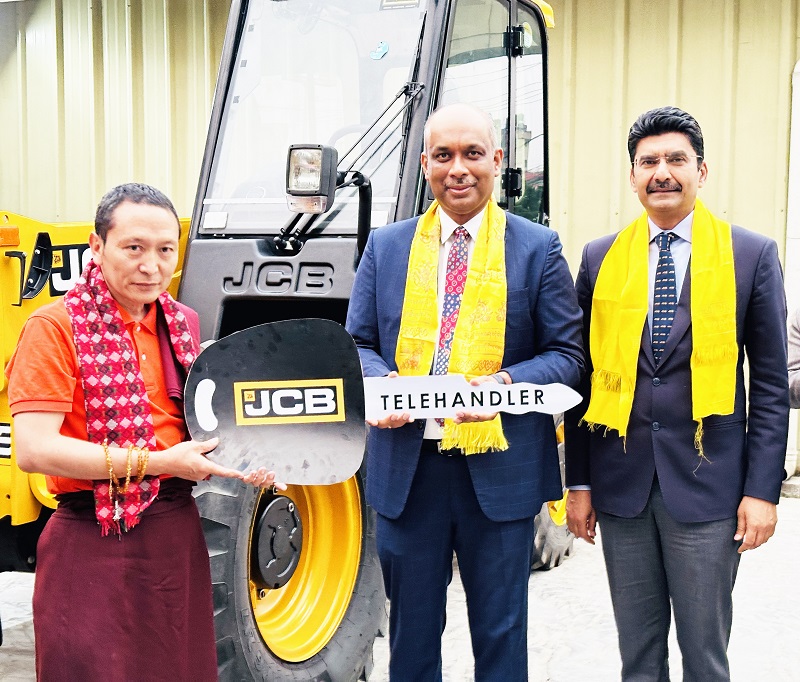28th May 2023, Kathmandu
A thorough strategy that takes into account all facets of economic development is needed to ensure the sustainability of Nepal’s economy.
The prime minister’s assertion that measures have been taken to ensure the viability of the economy. According to Prime Minister Pushpa Kamal Dahal Prachanda, new policies and initiatives have been put in place to address the current economic crisis.
He asserted that the policy and program focused on tackling the fundamental problems of resolving the current economic crisis while responding to inquiries about them.
“We have put more emphasis on keeping the problem clear and making the solutions concrete and practical,” he said, “not by running from the problem but by covering the problem.”
He asserts that the policies and programs that have been put forth have placed a focus on creating a financial, monetary, and independent economy.
He stated, “It has been emphasized that the agricultural industry and the service sector should be promoted in a balanced manner.” This policy and program are designed to create a self-sustaining economy by raising output and productivity while fostering wellness.
Here are some important steps that can help Nepal’s economy remain viable and expand:
Increase economic diversity
Nepal should work to expand its economic base beyond traditional industries like agriculture and tourism. Economic growth can be boosted by encouraging investment in infrastructure, renewable energy, manufacturing, information technology, and other sectors.
Enhance Infrastructure
Infrastructure development and improvement are essential for the growth of the economy. This includes spending money on telecommunications, electricity, and water management systems. Trade is made easier, investment is attracted, and productivity is increased.
Promote international investment:
By fostering an atmosphere that is welcoming to investors, Nepal should actively encourage foreign direct investment (FDI). Reforms that streamline administrative processes, offer financial incentives, ensure legal protection, and create special economic zones can help achieve this. Getting FDI can bring in money, technology, and knowledge to boost the economy.
Invest in education and skill development to strengthen human capital:
A sustainable economy requires this investment. Nepal can increase the capabilities of its workforce, making it more competitive and flexible to changing market needs, by enhancing the quality of education and vocational training.
Encourage innovation and entrepreneurship
These factors can contribute to economic growth and job creation. Nepal should encourage new businesses and small and medium-sized companies (SMEs) by providing them with access to financing, mentoring programs, business incubators, and regulatory changes that make it easier for them to conduct business.
Boost Agricultural Productivity
Increasing agricultural output is important since it supports a large portion of Nepal’s economy. Rural incomes can rise and food security can be improved by increasing agricultural output through modern farming methods, irrigation infrastructure, financial availability, and market connections.
Create sustainable tourism
It is a promising industry given Nepal’s rich cultural and natural heritage. More tourists can be drawn in, more money can be made, and more jobs can be created with the help of sustainable tourism development, which also includes infrastructure improvement, cultural site protection, and responsible tourism practices.
Boost trade ties
Increasing and diversifying trade ties can increase exports and decrease trade deficits for Nepal. Economic competitiveness can be raised by actively pursuing trade agreements, investigating new markets, and marketing Nepali goods overseas.
Improve governance and reduce corruption
Increased accountability, excellent governance, and reduced corruption are essential for fostering an atmosphere that is conducive to business. Nepal has to take action to fight corruption, improve the rule of law, and simplify regulatory procedures.
Invest in renewable energy sources
Since Nepal has a lot of potential for hydropower and other such sources. Increasing the use of renewable energy can promote sustainable development, provide employment possibilities, and lessen reliance on imported fossil fuels.
When these steps are taken in a planned and consistent manner, they can support Nepal’s long-term survival and expansion.
It is crucial to remember that economic development is a complicated and slow process that calls for ongoing efforts, policy modifications, and flexibility in response to changing conditions.











